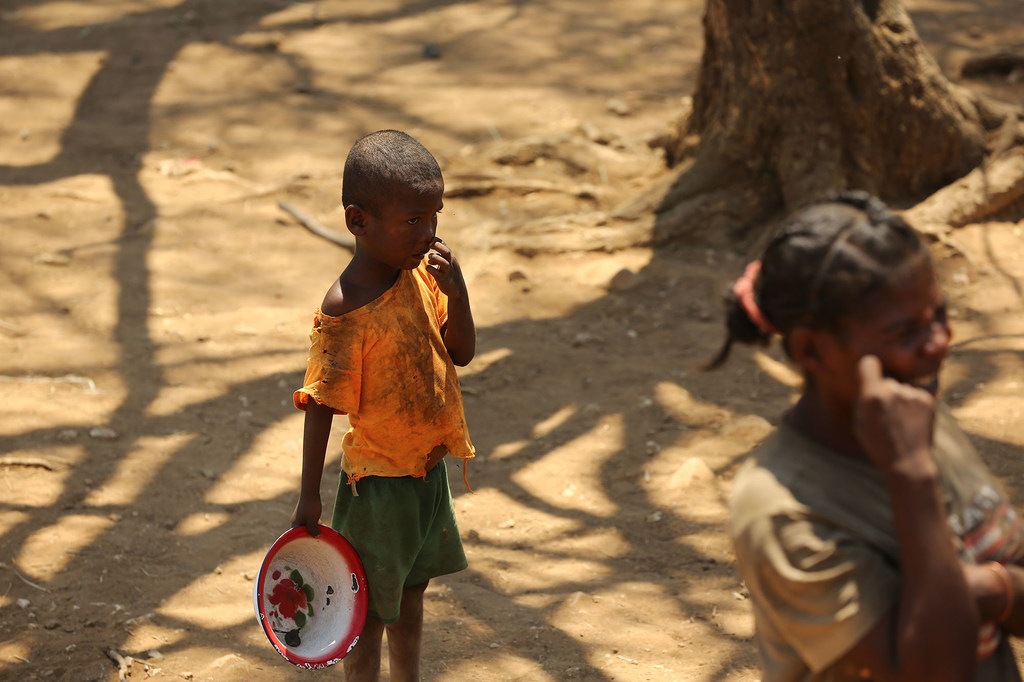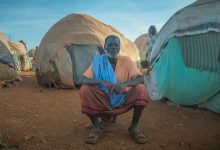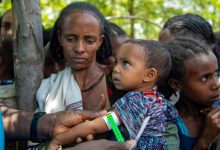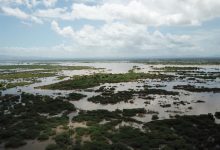Child malnutrition expected to quadruple in Southern Madagascar
 At least half a million children under five in drought-afflicted southern Madagascar are on the verge of acute malnourishment, two UN agencies warned on Monday.
At least half a million children under five in drought-afflicted southern Madagascar are on the verge of acute malnourishment, two UN agencies warned on Monday.
The number of acutely malnourished children is likely to “increase fourfold” since the previous assessment conducted last October, including 110,000 in severe condition whose growth and development will suffer “irreversible damage”, the UN Children’s Fund (UNICEF) and the UN World Food Programme (WFP) said in a joint statement.
“What is currently happening in southern Madagascar is heart-breaking”, said WFP Representative Moumini Ouedraogo. “We cannot turn our backs on these children whose lives are at stake”.
Drastic deterioration
Four consecutive years of drought have wiped out harvests and cut off access to food.
More than 1.14 million people are food insecure in southern Madagascar and the number of people categorized as surviving in phase 5 ‘catastrophic’ conditions, risks doubling to 28,000 by October, the agencies said.
And with the lean season – the time of year when food stocks run low – around the corner, the crisis is forecasted to “drastically worsen”.
‘’We need to double our efforts to curb this catastrophic rise in hunger, but we cannot do it without significant funding resources and buy in from partners”, underscored Mr. Ouedraogo.
‘Urgent need’ to invest
With global acute malnutrition rates touching an alarming 27 per cent in the worst-affected Ambovombe-Androy district in the far south, urgent steps are needed to prevent further deterioration.
This crisis has been exacerbated by poor health and sanitation facilities as well as a lack of safe water.
“There is an urgent need to invest in the prevention and treatment of malnutrition in children to prevent the situation from becoming even more critical”, said UNICEF Representative Michel Saint-Lot.
Continuous price increases of basic foods topped with marked decreases in markets serve to threaten the health and well-being of young and old alike.
In addition to the danger of food insecurity, ongoing COVID-19 restrictions are posing additional challenges by limiting people’s access to food, markets and jobs.
Stepped-up efforts
Since last year, WFP and UNICEF have been working closely with the Malagasy Government and partners to address severe hunger in the south.
But as the crisis deepens, actions must be intensified.
While UN agencies are strengthening their emergency nutrition response in the south, there is a need for an integrated response tackling all drivers of malnutrition.
Treatment must go hand in hand with robust prevention on multiple sectors and a response in collaboration with all partners and national authorities, the UN agencies said.
“By providing families with access to safe water and treating malnourished children with therapeutic food, lives can be saved”, said Mr. Saint-Lot, adding “but we have to act now”.



